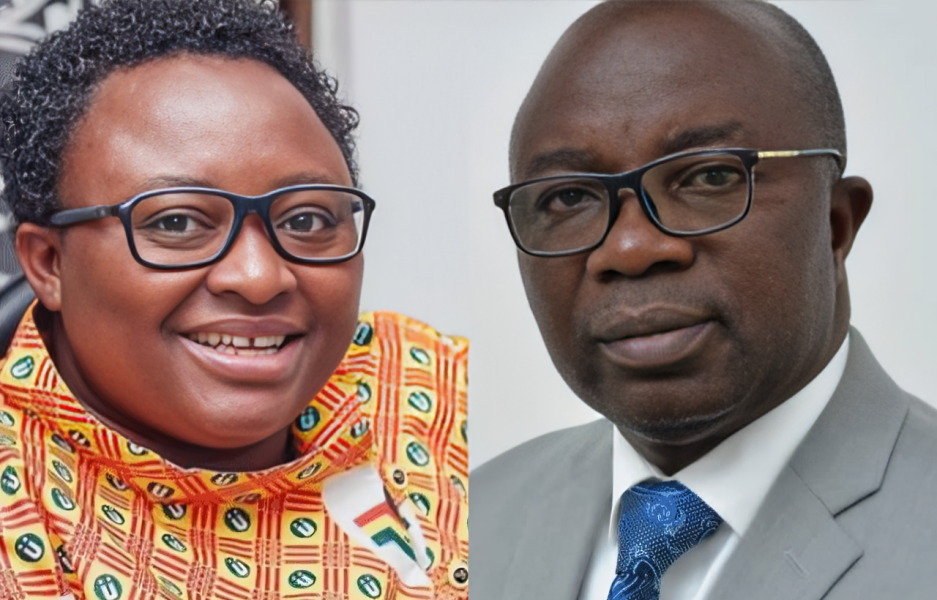NSA bleeds Gh 2.2bn in Phantom Salaries
By Nelson Ayivor
The scale of financial mismanagement at Ghana’s National Service Scheme (NSA) has widened dramatically, with the Attorney-General confirming that a forensic audit conducted by the Auditor-General has uncovered losses totalling GHS 2.2 billion quadrupling the initial estimate of GHS 548 million reported in June.
Attorney-General Dr Dominic Akuritinga Ayine, speaking at the Government Accountability Series in Accra, described the revelations as symptomatic of entrenched fraud and collusion between public officials and private vendors. The audit, he said, exposed systemic manipulation of payroll records, inflated service enrolments, and the creation of fictitious beneficiaries commonly referred to as “ghost names.”
“This is no longer a case of administrative negligence,” Ayine said. “It is a coordinated criminal scheme that drained billions from the public purse under the guise of national service.”
Formal charges have already been filed against former NSA Executive Director Osei Assibey and his deputy, Gifty Oware. Ayine confirmed that additional prosecutions are imminent, targeting other implicated officials and marketplace vendors who allegedly facilitated the fraud.
The Attorney-General’s office is preparing ten separate cases under the NSA scandal, with a prosecutorial strategy that includes turning lesser offenders into state witnesses. “It is better to use a small criminal to catch a big one,” Ayine remarked, defending the approach as essential in complex corruption cases.
The forensic audit, which Ayine described as “beyond ordinary auditing,” has prompted a review of existing charge sheets and the drafting of new indictments. The Attorney-General held up a copy of the report during his presentation, commending the Auditor-General’s office for its meticulous work and pledging that the findings would be translated into courtroom action.
The NSA scandal is now one of the largest public sector corruption cases in Ghana’s history, and its implications extend beyond financial loss. The revelations have raised serious questions about oversight mechanisms, payroll integrity, and the vulnerability of state-run programmes to manipulation.
Ayine reiterated the Mahama administration’s commitment to institutional accountability, stressing that prosecutions would proceed regardless of political affiliation or status. “Justice will not be compromised,” he said.
With investigations still ongoing in related cases, including procurement irregularities and vendor collusion, the NSA probe is shaping up to be a litmus test for Ghana’s anti-corruption architecture.
The Government Accountability Series, under which the disclosures were made, is part of a broader transparency initiative led by the Presidency Communications Office to track progress on governance reforms.
Whether the prosecutions yield convictions remains to be seen, but the scale of the fraud and the state’s response suggest that Ghana’s anti-graft machinery is finally beginning to assert itself.


